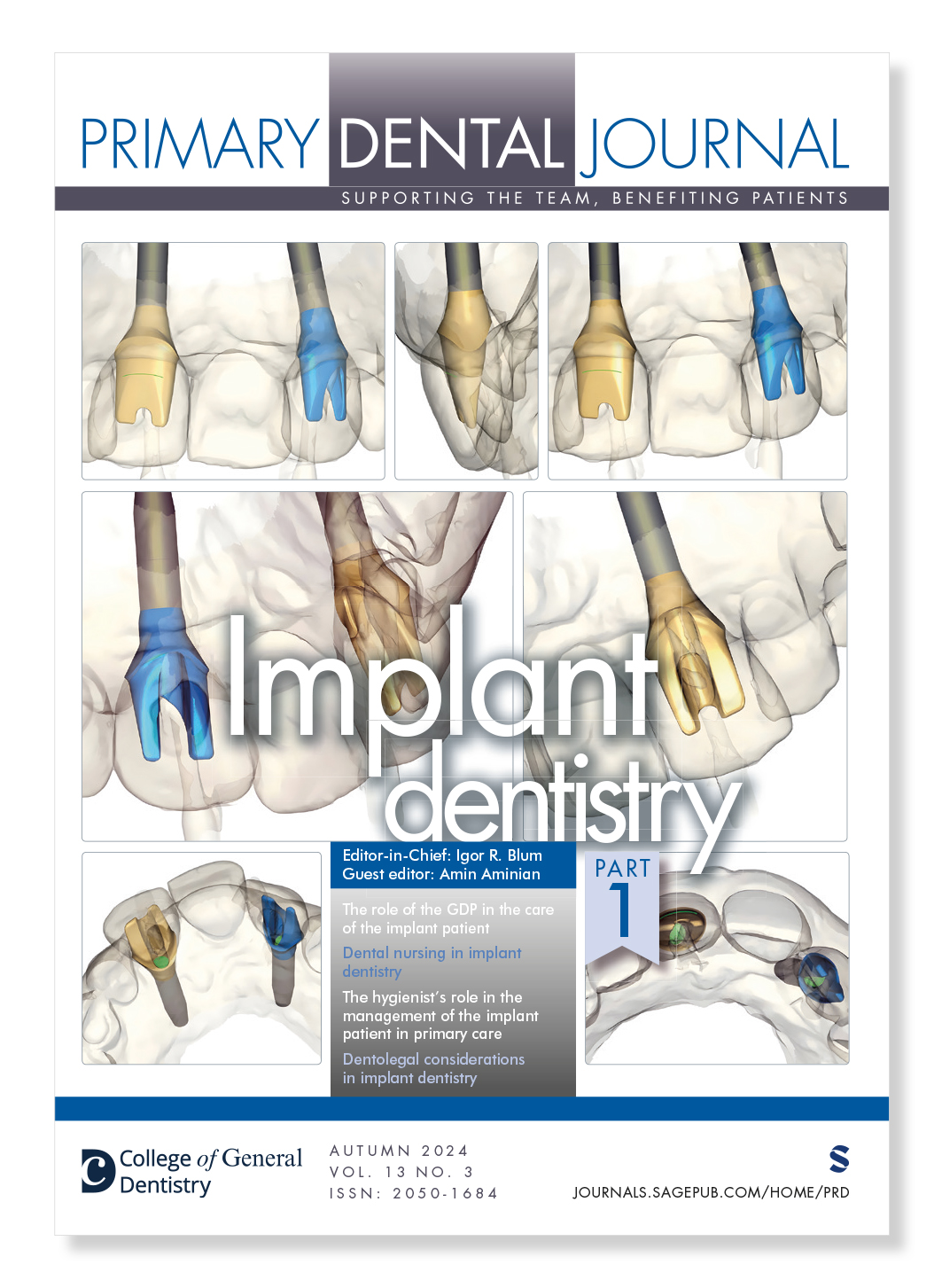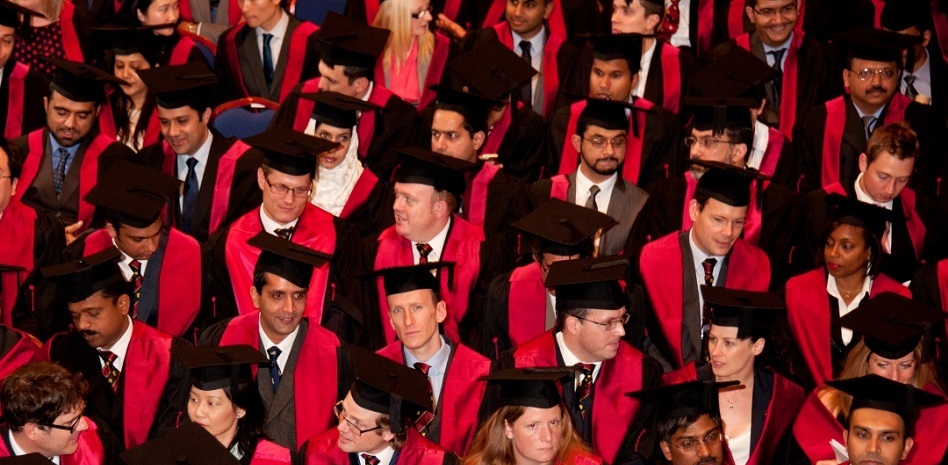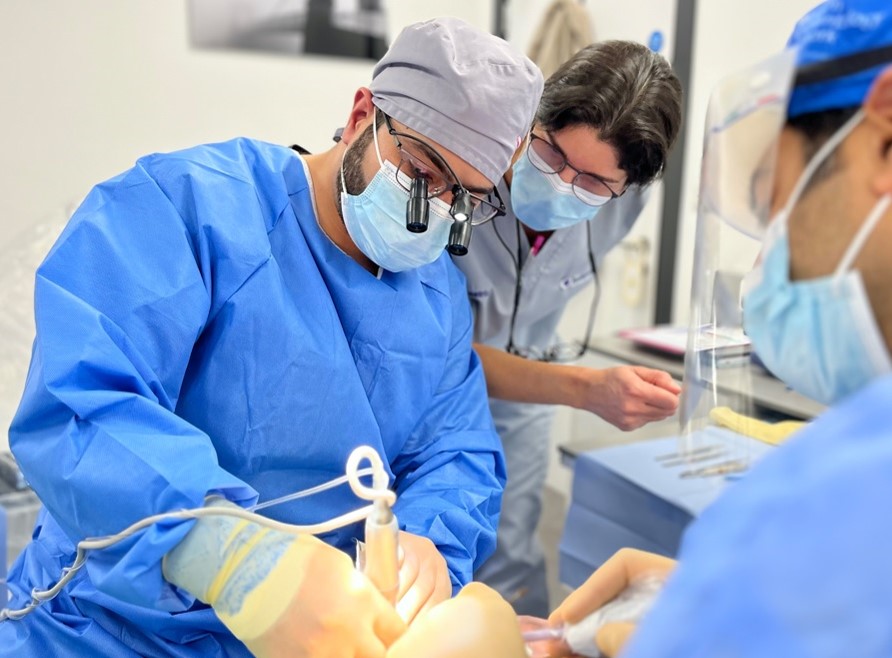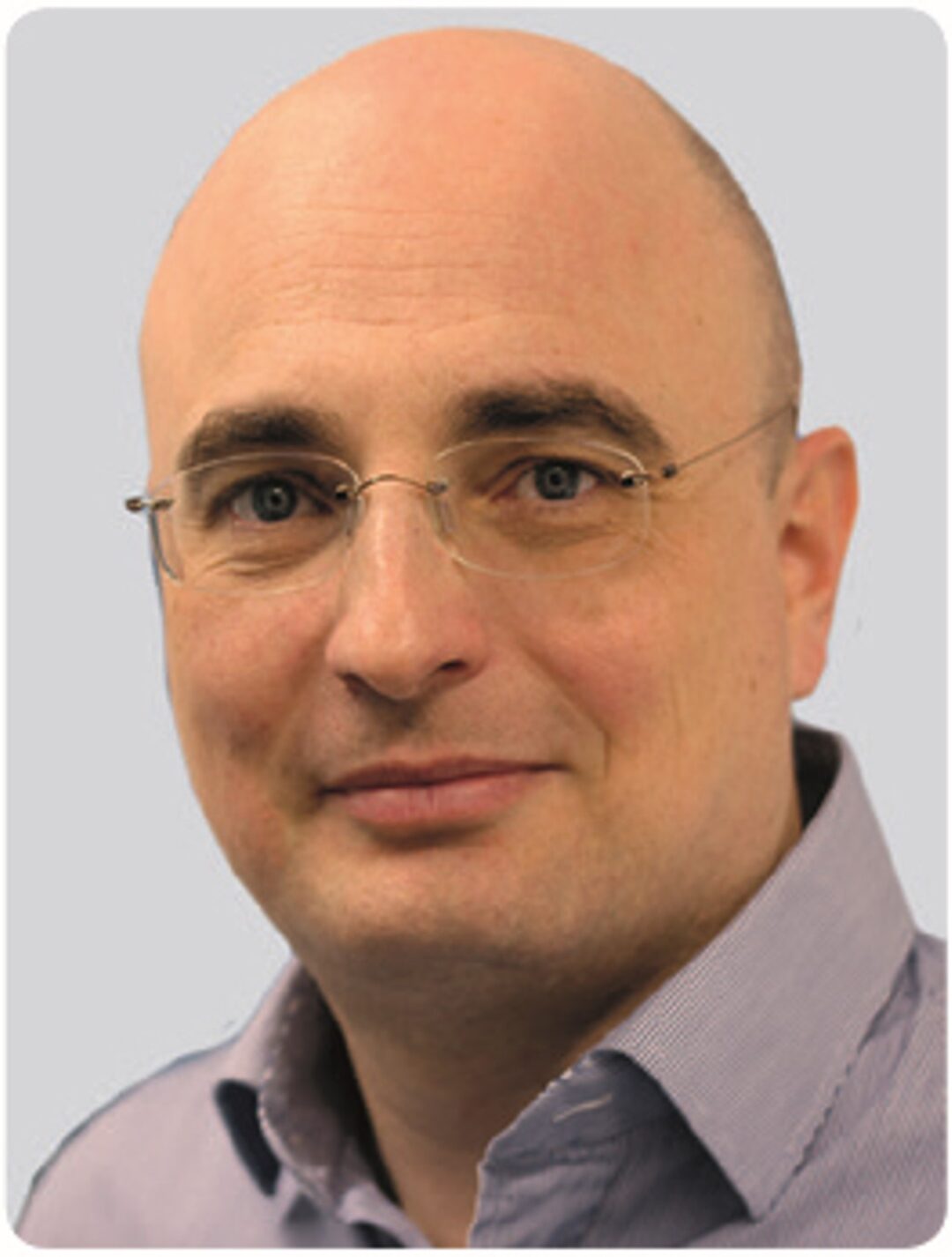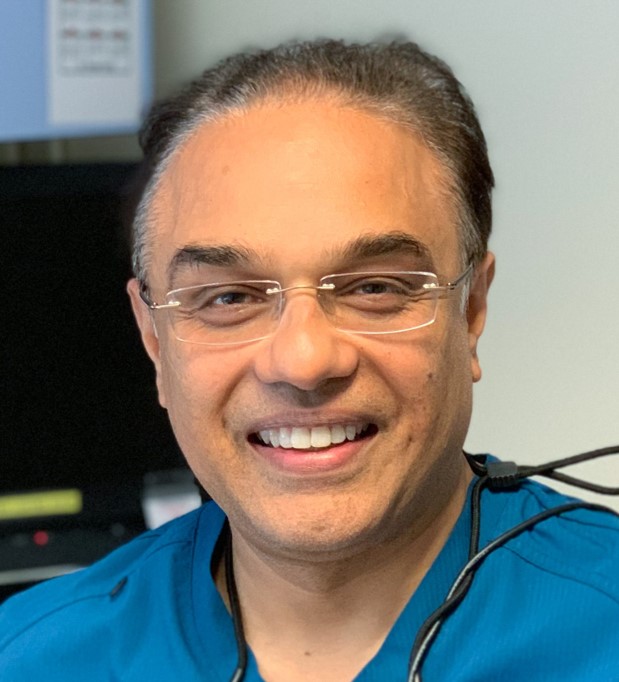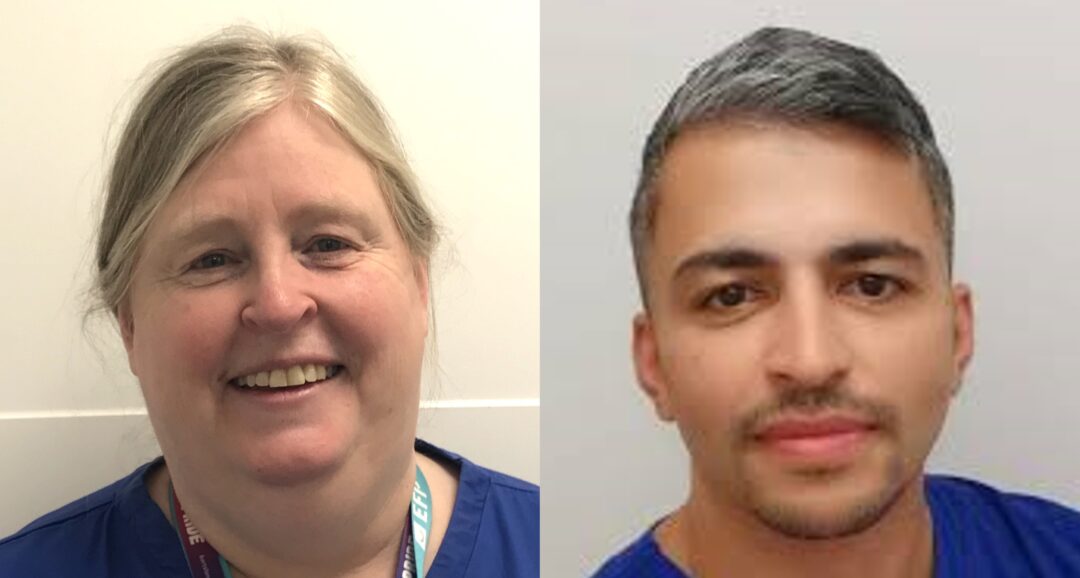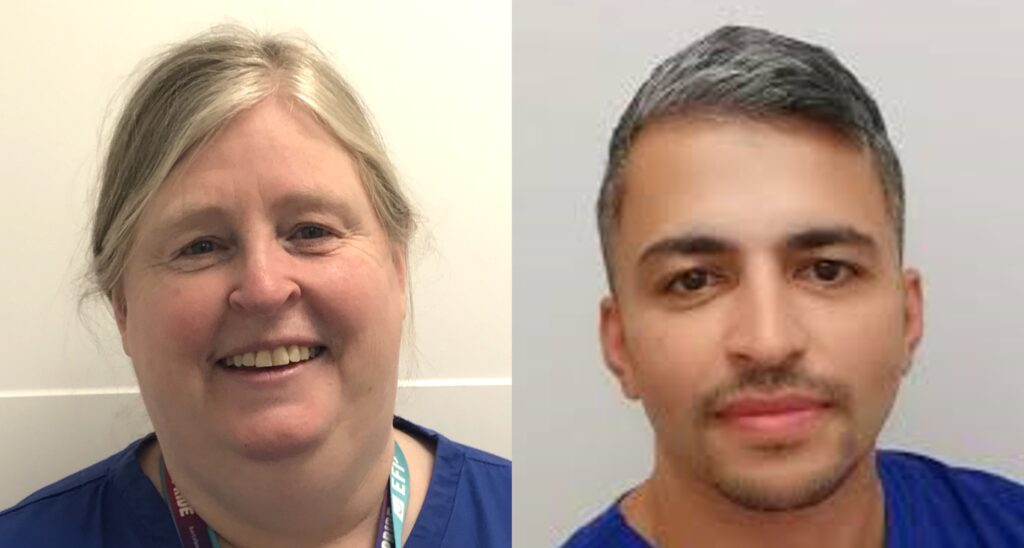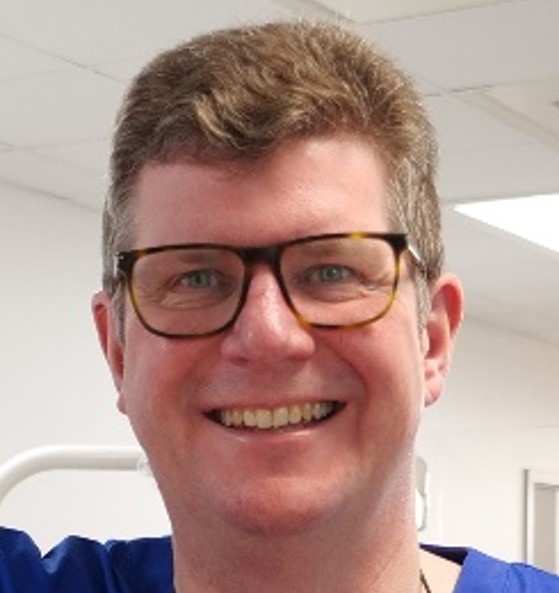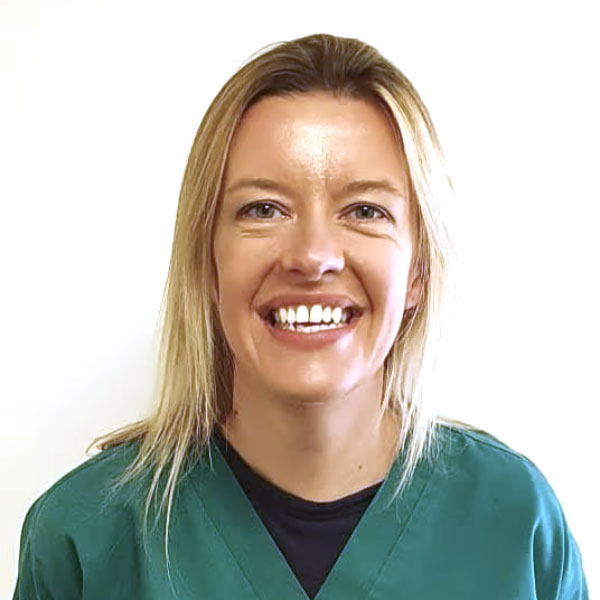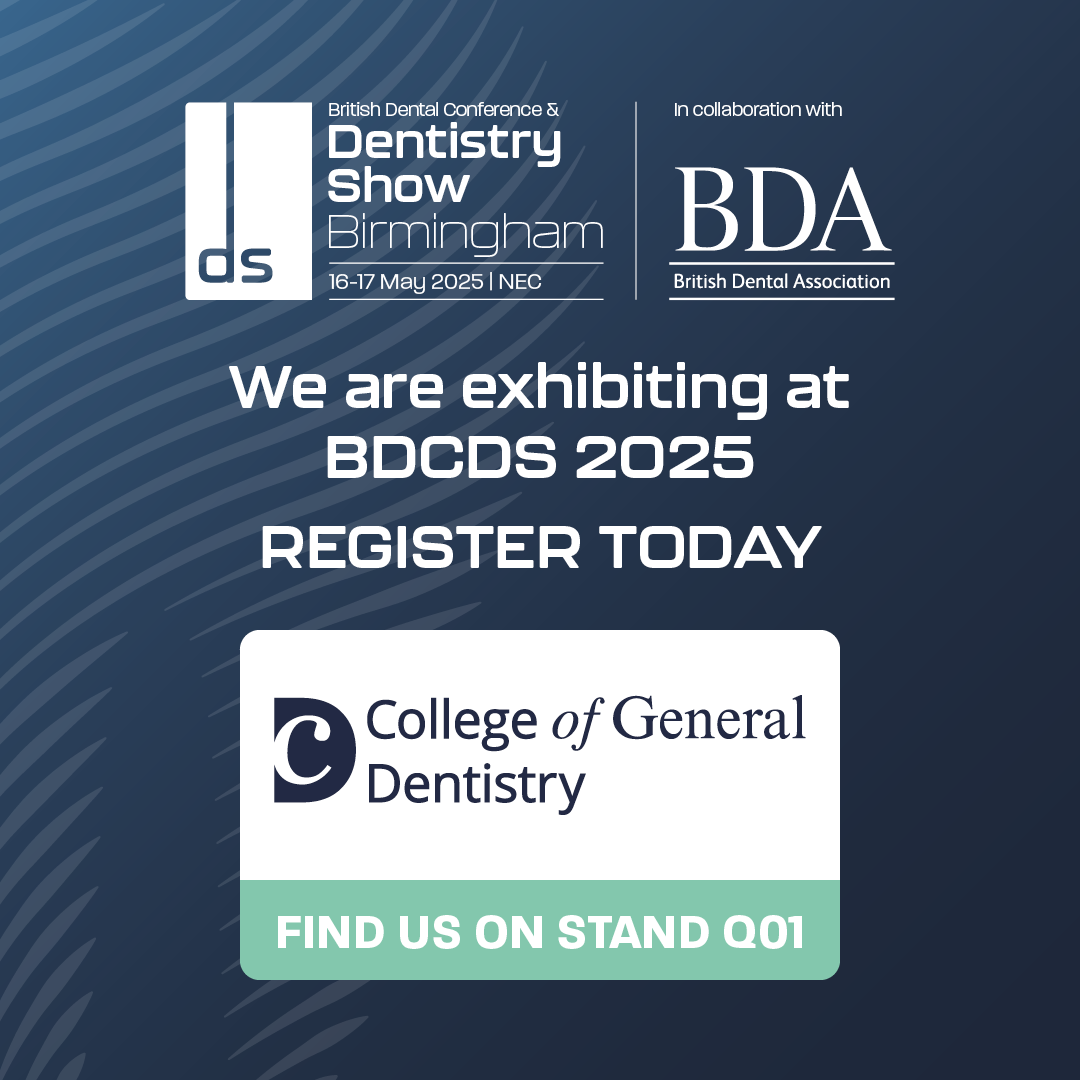The latest issue of the Primary Dental Journal, ‘Implant dentistry (part one)’, is available to view online now.
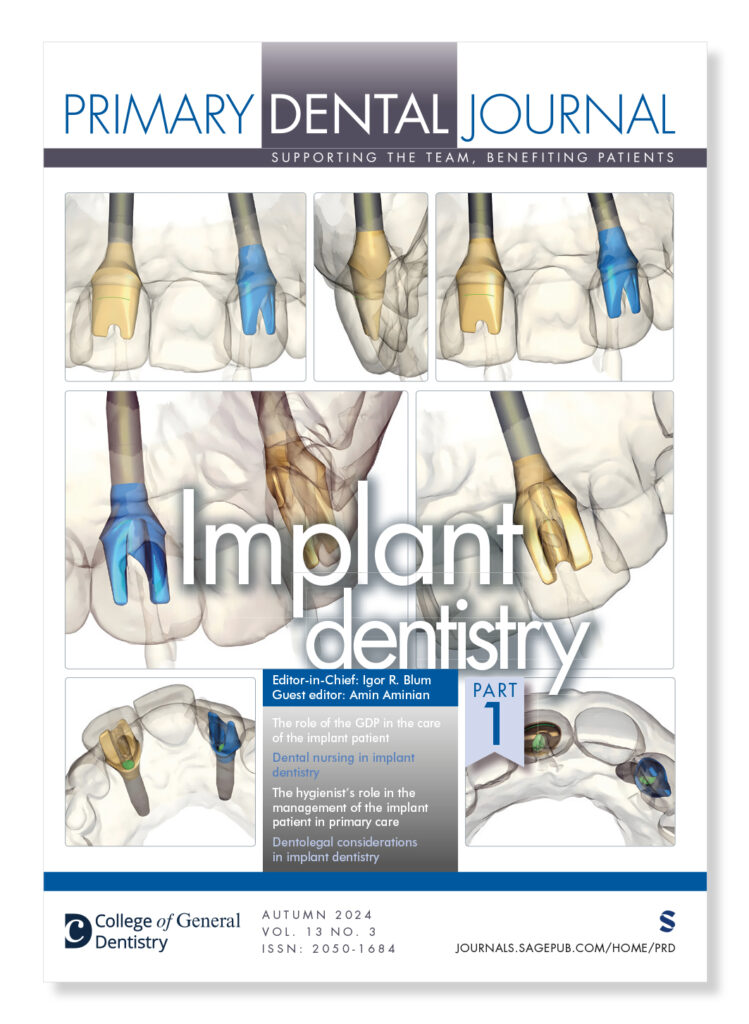
The implant dentistry theme has been split across two consecutive journal issues – parts 1 and 2. Papers in this part 1 issue include the role of the general dental practitioner in the care of the implant patient; dental nursing in implant dentistry; the hygienist’s role in the management of the implant patient in primary care; and dentolegal considerations in implant dentistry. The main objective of this first issue is to provide readers with a cutting-edge update on the topics, and to raise awareness of the need to manage implant patients in primary care.
The guest editor of this part 1 issue is Amin Aminian FCGDent, a Specialist in Prosthodontics in Greater Manchester. Amin explains the impetus for the collection of papers, and urges readers to share these Implant dentistry issues with all colleagues:
“My aim…was to highlight how implant therapy can, and should, be predominantly provided in primary care. The articles highlight how implant dentistry can positively impact our patients’ quality of life, regardless of the care setting.
“I sincerely hope you enjoy the two implant dentistry issues. At the outset, they were intended for all members of the primary care team, be it those who have yet to begin their implant journey or those more experienced in all aspects of the treatment. The articles highlight the important role all members of the team need to play, with the patient central to the care plan.”
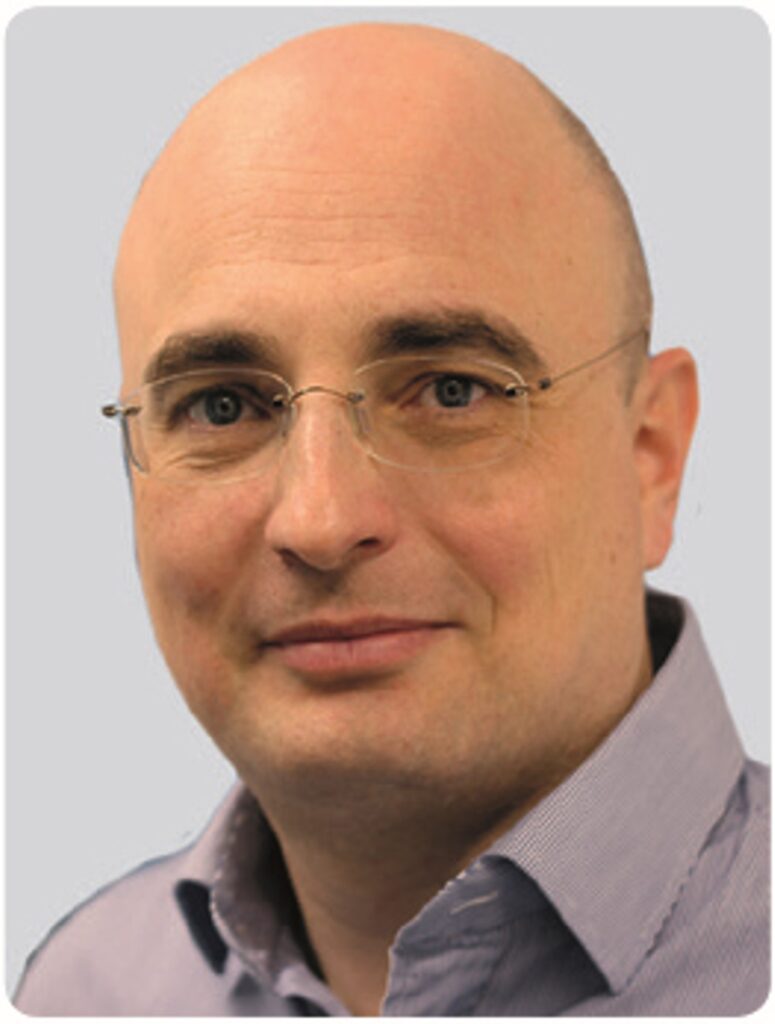
Implant Dentistry – a journey from the beginnings to what has become an established discipline
Prof Igor Blum’s editorial introducing the PDJ implant dentistry issues is available to read here.
Part 2 – which is due out in winter and guest-edited by Professor Ilser Turkyilmaz of New York University – will have a greater focus on clinical aspects of implant dentistry, including complications and adverse events, and recent technological advancements in the field.
Full online access to the majority of articles is reserved for College of General Dentistry members and Primary Dental Journal subscribers, who can also expect their printed copies to arrive in the next 2–3 weeks.
For non-members / non-subscribers, at least one paper in each issue is made available online free of charge, with all other articles available to purchase via the links below.
An annual print subscription to the PDJ is included with membership of the College, which also includes online access to over 1,400 current and past issues in the PDJ Library and a range of other benefits.
On behalf of the College, the PDJ editorial team would like to express its gratitude to all the authors and peer reviewers who have contributed to the publication of this issue.

Joining gift: Implant Dentistry parts 1 & 2
To mark the publication of the first of our new PDJ issues on implant dentistry, anyone joining the College or its Register of Mentors in Implant Dentistry before 31 December 2024 will receive a printed copy. They will also be sent part 2 once available.
ISSUE CONTENTS:
- Implant Dentistry: a journey from the beginnings to what has become an established discipline by Igor R. Blum
- Implant Dentistry – Part 1 by Amin Aminian
- President’s update by Roshni Karia
- Research Abstracts: Implant dentistry by Ario Santini
- The role of the general dental practitioner in the care of the implant patient by Michael Clark and Christopher Needham
- Dental Nursing in implant dentistry: a skillset apart and how to get there by Michelle Brand and Nicola Culley
- The hygienist’s role in the management of the implant patient in primary care by Kate Reading, Lisa Knowles and Sarah Towns
- Developing implant mentoring programmes: breaking down the components by Abhi Pal and Pynadath George
- Communication in implant treatment planning, placement and reconstruction in the digital age: a technician’s perspective by Steve Campbell
- The biomechanical principles of restoring a dentition with dental implants: A General Dental Practitioner’s perspective by Anoup Nandra, Shushil Dattani and Amin Aminian
- Dentolegal aspects of dental implants by Stephen Henderson and James Darcey
- Mentoring in dental implants: from mentee to mentor by Beatriz Sanchez-Iñigo and Colin Campbell
CGDent members can view full articles by logging in via the yellow button below, then clicking ‘Access the PDJ Library’:
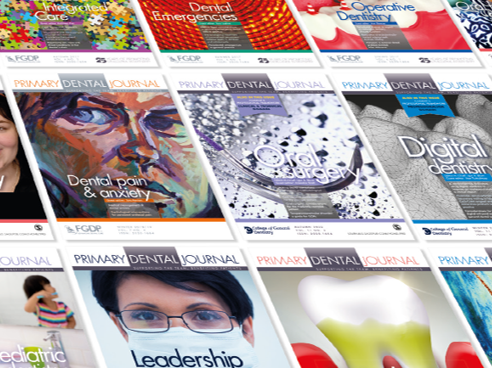
Editor sought for the Primary Dental Journal
The College is currently recruiting a new Editor for the Primary Dental Journal. To find out more, click here

